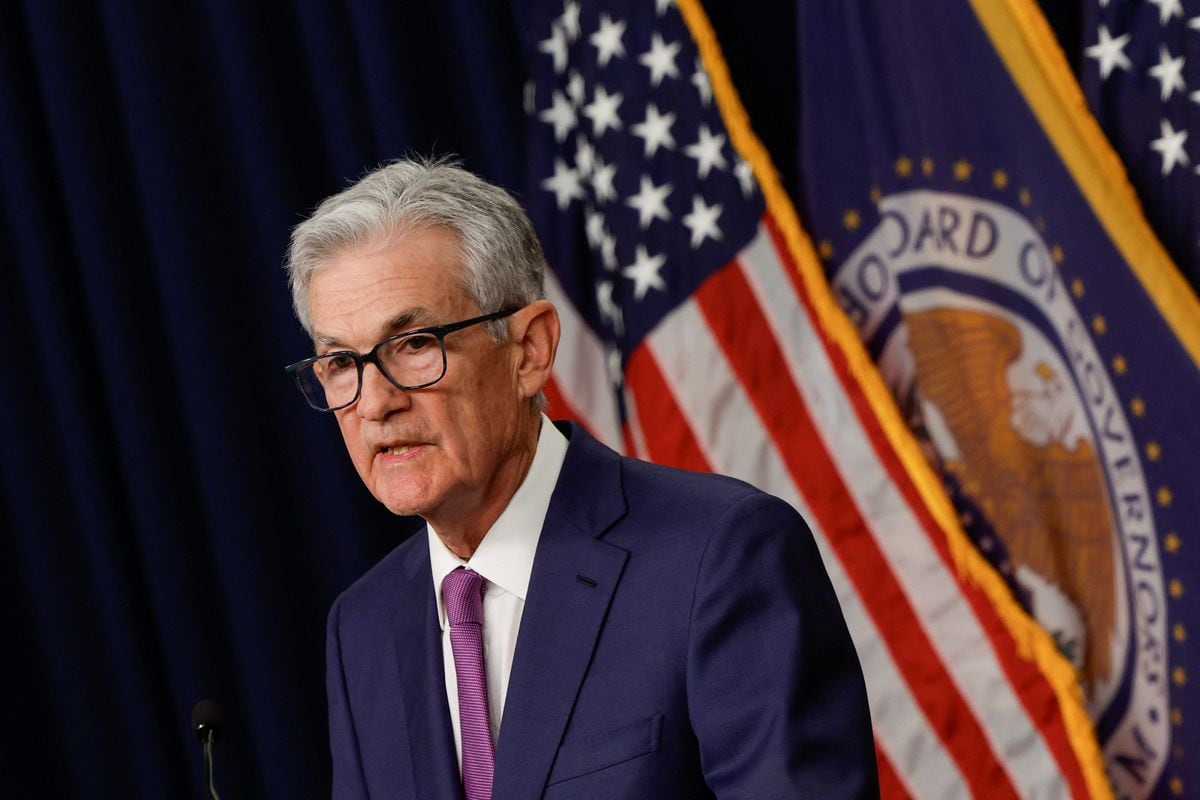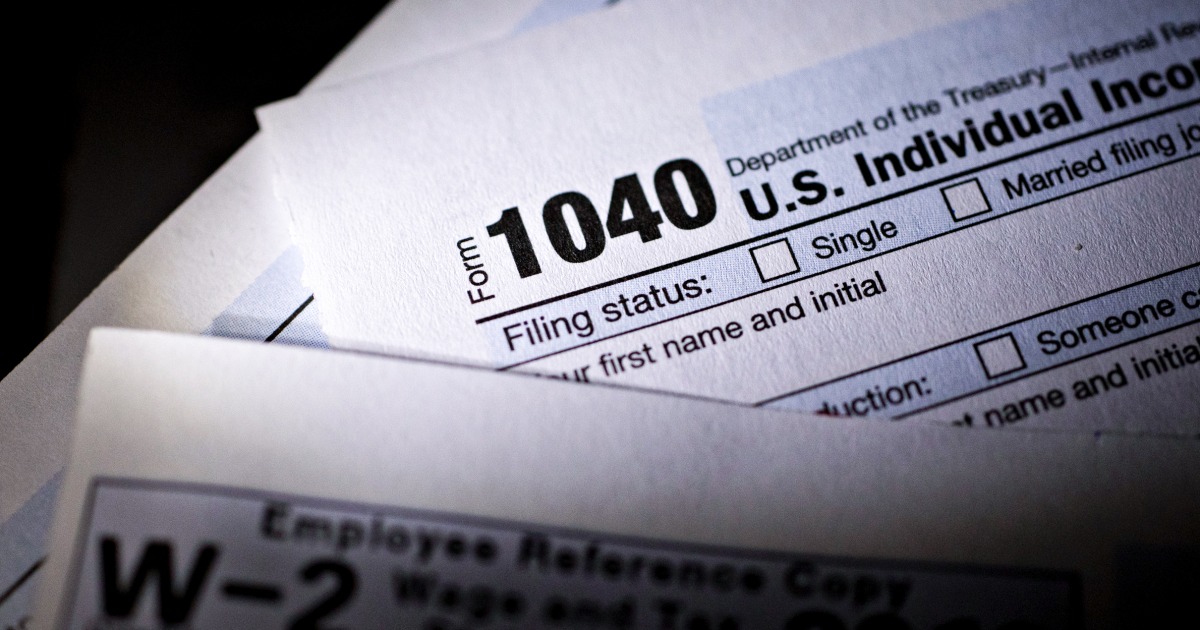A shopping street in downtown São Paulo, this Tuesday.Sebastiao Moreira / EFE
The covid-19 pandemic collapsed the Gross Domestic Product (GDP) of Brazil.
According to data published this Wednesday by the Brazilian Institute of Geography and Statistics (IBGE), the South American giant's economy fell 4.1% in 2020, the worst result in 24 years.
The retraction caused by the social lockdown and the reduction in activity was mitigated by the emergency aid program, of between 300 reais (53 dollars) and 600 reais, which the government distributed last year among the most vulnerable groups.
But the country has not escaped the global consequences of the coronavirus.
During the second half of last year, the Brazilian GDP pointed to a recovery, with a positive result of 3.9% for the third quarter and 1.1% for the fourth, after falling more than 10 points in the second quarter.
The resurgence of infections and the number of deaths now put these positive data at risk.
The pandemic raised unemployment to 14.6% between July and September of last year.
One of the worst hit sectors was construction, which fell 7%.
The manufacturing industry, which includes the automotive, metallurgical and clothing sectors, registered a fall of 4.3% in the year.
The pandemic also hit Brazil's foreign trade hard, with a drop of 1.8% in exports and 10% in imports.
Agriculture, meanwhile, fell 0.4% in the last quarter compared to the same period in 2019. In the annual comparison, agribusiness advanced 2% compared to 2019.
In September, the average daily deaths from coronavirus fell from 1,000 to 800, leading to a light at the end of the tunnel.
Industry and services rose 1.9% and 2.7%, respectively, with the manufacturing sector advancing 4.9%.
Even unemployment fell and went from 14.6% to 13.9%.
At the end of the year, the country had 13.4 million unemployed.
The data seemed to confirm the recovery in V predicted by the Minister of Economy, Paulo Guedes.
The investment rate in 2020 reached 16.4% of GDP, better than the previous year, when the resources invested in the economy were equivalent to 15.4% of GDP.
This account includes investment in machinery and business expansion.
Household consumption, meanwhile, fell 5.5%.
The Government also tightened its belt and had a 4.7% lower consumption.
Second wave of the pandemic
The question now is how the country will react in these first months of 2021. The Christmas season multiplied the number of people infected by covid-19.
The death toll rose in what is now a second wave and broke records daily.
On Wednesday, there were more than 1,600 deaths, the worst result since the start of the pandemic.
Most governors pressure President Jair Bolsonaro for more restrictions, darkening the outlook for the recovery.
At the same time, emergency aid to families will drop from last year's 600 reais to 250 reais.
"Economic uncertainties remain high, above all, the first quarter of this year will be challenging," highlights the note from the Secretariat for Economic Policy.
The great hope is the advancement of vaccination, which is still incipient in Brazil.
As of today, there are 6.7 million vaccinated for a country with 211 million inhabitants.
The Government and Congress have accelerated the purchase and production of vaccines, which would guarantee that half the population is vaccinated for half the year.
If the forecasts are met, economic activity could resume.
The country, however, is waging a war between the governors and President Bolsonaro over the maintenance or not of economic activities at a time when Brazil is registering a peak in deaths from covid-19.

/cloudfront-eu-central-1.images.arcpublishing.com/prisa/IJJSLMLP32KJYUW5Y7UYEGEAFE.jpg)







